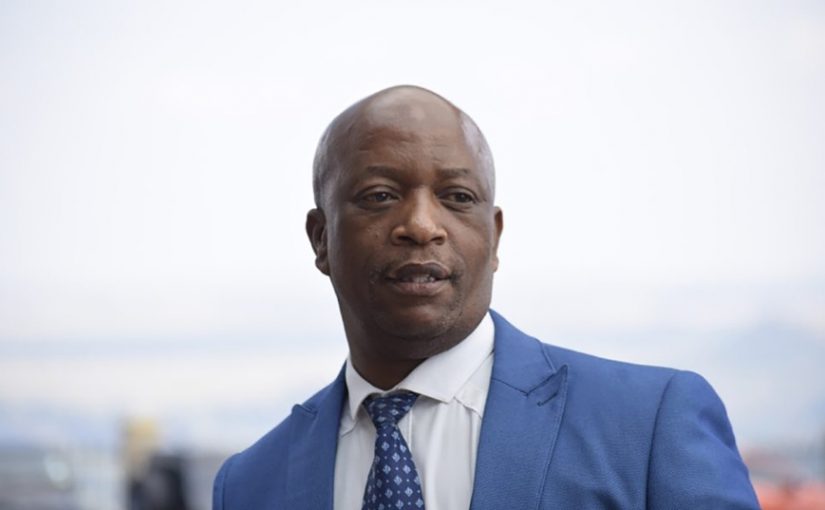Lesotho opposition Member of Parliament Dr Tshepo Lipholo is facing criminal charges, including sedition and defamation of the monarchy, after alleging that King Letsie III and the government had handed over control of Lesotho to South Africa, effectively making it the country’s 10th province. The controversial remarks were allegedly made between April and June 2025 through social media posts and radio interviews. Dr Lipholo, who leads the Basotho Covenant Movement (BCM), also declared himself the “paramount chief of Basutoland” Lesotho’s colonial-era name and is accused of undermining the dignity and reputation of the royal family.
According to a charge sheet seen by the BBC, the state claims Dr Lipholo “uttered seditious words” and “incited public violence” by asserting that Lesotho’s sovereignty had been signed away. His bail hearing was scheduled for Monday but has been postponed, with his legal team now expected to argue for his release by 25 July 2025. Dr Lipholo remains in police custody.
The controversy has deepened with the arrest of retired army officer Major General Samuel Makoro, who allegedly supported Dr Lipholo’s claims and provided him with classified information. This marks a rare case of political dissent escalating into criminal prosecution in the small southern African kingdom.
Dr Lipholo’s political campaign is rooted in a call for the reclamation of territories now part of South Africa, particularly the Free State province, which he and his supporters argue historically belonged to the Basotho people. He also claims parts of the Northern Cape, Mpumalanga, Eastern Cape, and KwaZulu-Natal as Basotho land lost to Afrikaner settlers during the 19th century. While these claims are inspired by a 1962 United Nations resolution supporting self-determination, they clash with the 1964 Cairo Declaration of the Organisation of African Unity now the African Union which upheld colonial-era borders to avoid inter-state conflicts across Africa.
South African authorities have dismissed the motion, reiterating that such territorial claims have no legal basis and lack widespread support in Lesotho itself. The South African Ministry of Foreign Affairs affirmed earlier this year that it stands by the principle of respecting established national borders.
Dr Lipholo has also expressed his intention to escalate the matter to the British Parliament, citing the UK’s colonial responsibility for Lesotho’s borders at the time of its independence in 1966. However, legal and diplomatic experts say the chances of any territorial renegotiation are negligible, especially given African Union commitments to preserve post-colonial boundaries.
This high-profile legal case has raised significant political tensions in Lesotho and brought renewed attention to longstanding historical grievances over land and colonial-era border demarcations in southern Africa.













Leave a comment